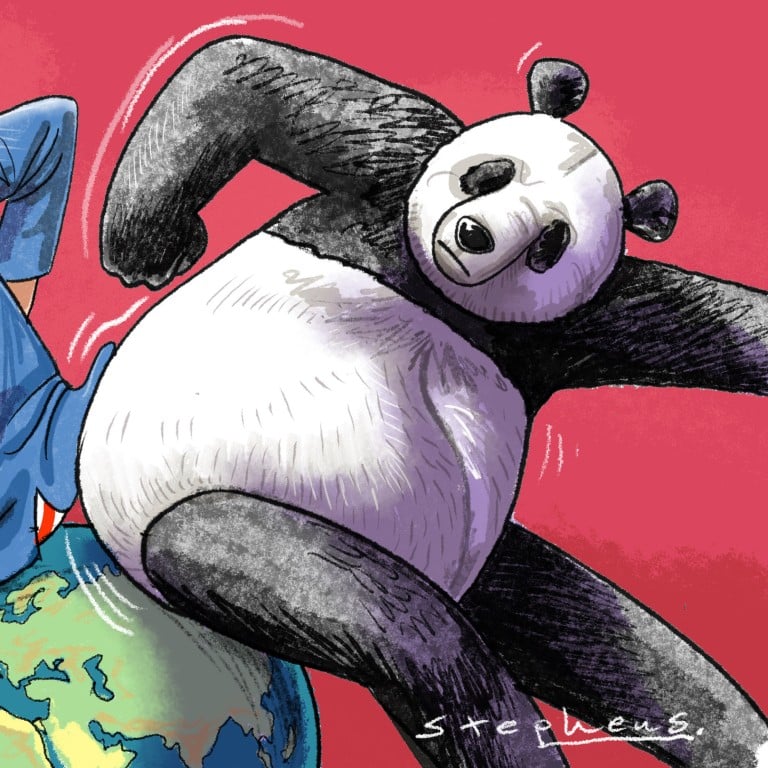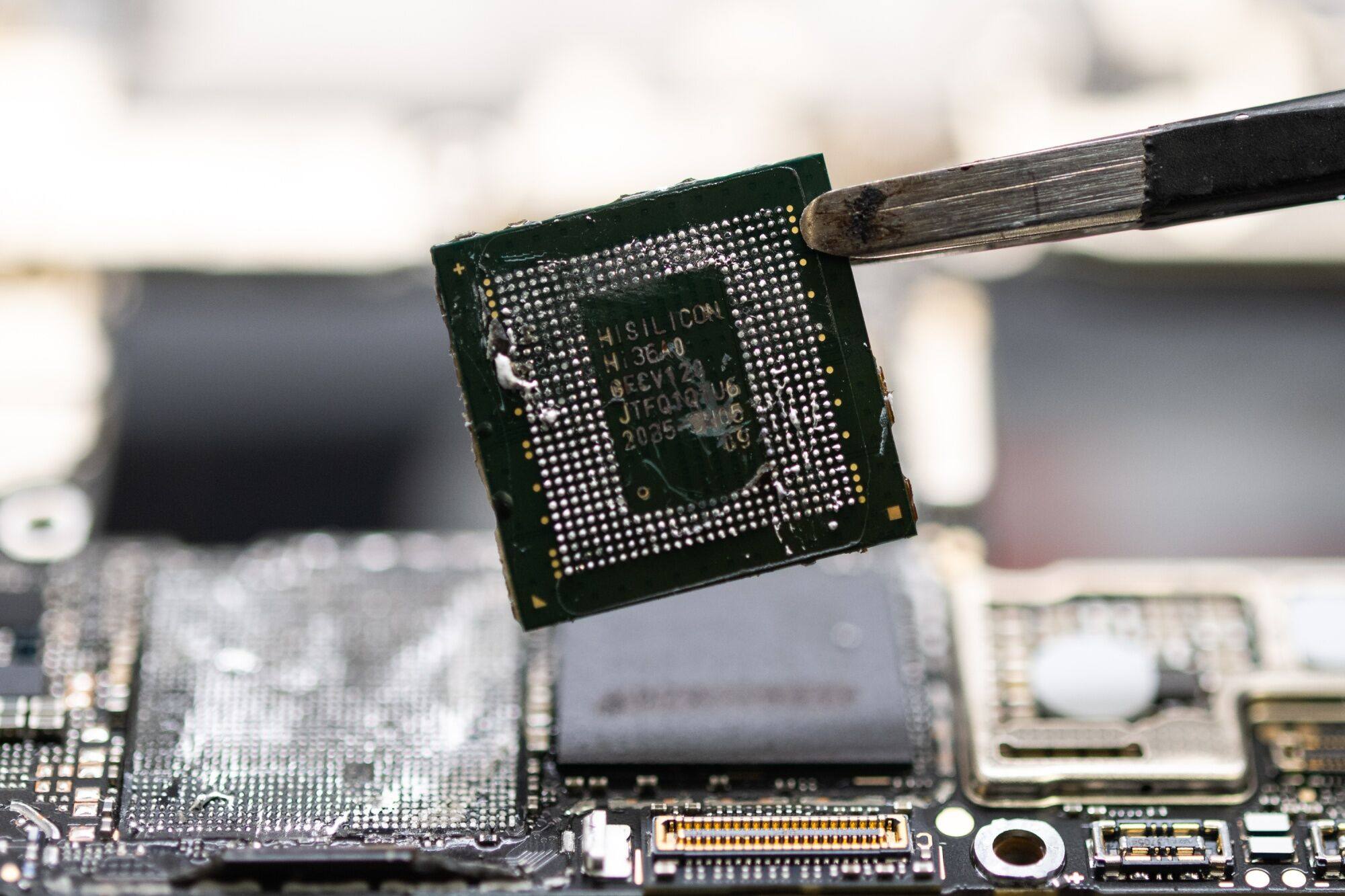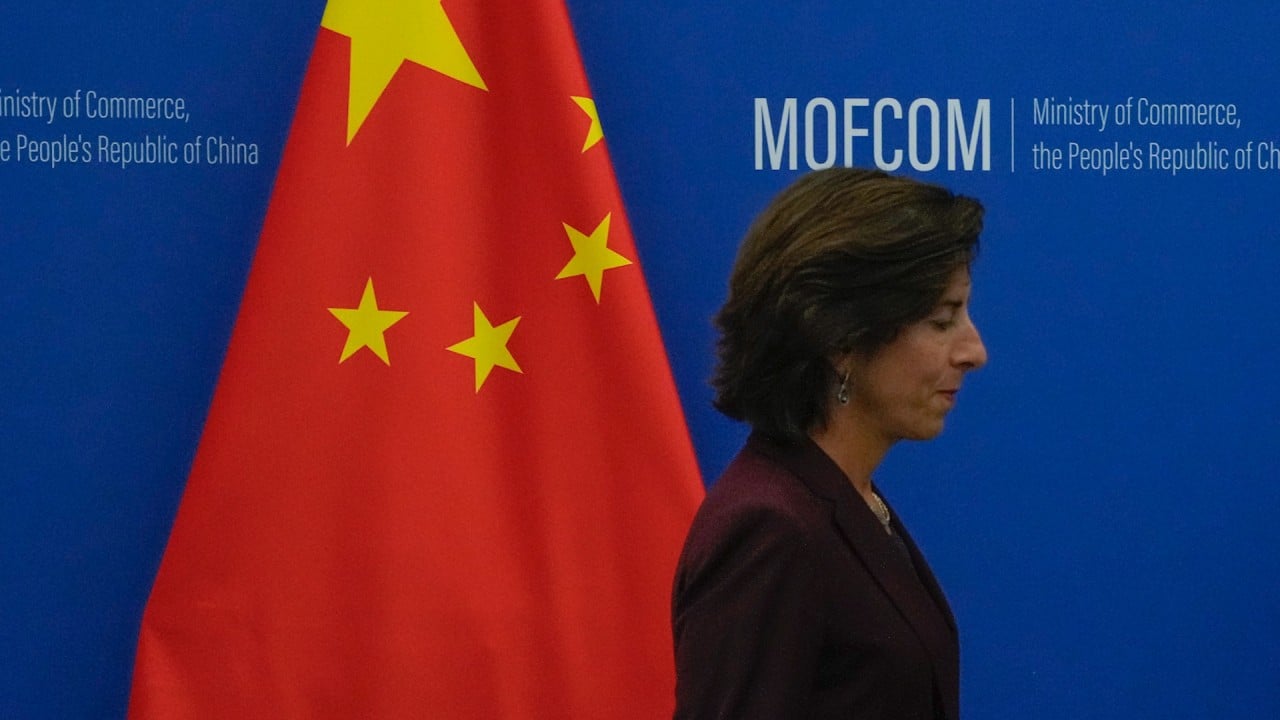
With Xi’s G20 no-show, China is quietly pushing back against the US
- With its penchant for tactical pushback, Beijing is surely sending a message with the no-show
- Beneath the conciliatory tone of recent visits by US officials, China is letting it be known it will not take US containment lying down
US President Joe Biden said he was “disappointed” that Xi would not attend the G20 meeting, adding however that “I am going to get to see him”.
In Shanghai, Raimondo urged American businesses to keep investing in China, although she also said she had warned Beijing that some US companies were finding the country “uninvestable”, given tighter controls and lack of information about rule changes.
In a commentary following Raimondo’s visit, Xinhua News Agency called on the two nations to “bridge the chasm” dividing them and “broaden the road of bilateral relations”. Citing Xi’s two recent replies to letters from Americans, the headline read: “Let the ‘source of strength’ of Sino-US relations continue to surge”.
In the case of Raimondo’s China visit, while the Chinese made reciprocal gestures and presented a hopeful face about bilateral progress down the road, they must have been frustrated, deep in their hearts, that the Americans refused to budge on the issue where the Chinese would have been most eager to see concessions: chip sanctions. Raimondo has been blunt about her refusal in this regard. Recounting her discussions with Chinese officials in interviews in the US over the weekend, she said that the US is “never going to sell our most powerful chips” to China.

Beijing was effectively pushing back by showing the world the Chinese are capable of manufacturing their own advanced 7-nanometer processor to power a smartphone. And this comes despite, in the words of The Washington Post, “onerous US export controls intended to prevent China from making this technical jump”.
Did this compare to the “J-20 moment” in 2011, when the Chinese conducted a test flight of a new stealth fighter jet, the J-20, as then US defence secretary Robert Gates visited Beijing? Probably not. But it did serve to remind the Americans that ideas that contravene Washington’s logic are not necessarily untenable.
‘Increasingly hostile’: are US-China relations headed for a downward spiral?
On the news that China’s top leader is not going to New Delhi this week, what I have covered so far should form a solid base for understanding Beijing’s move. The Chinese leadership refuses to go with the flow of Washington’s ideological narrative, and is seeking to extract more concessions from the US.
This gesture of solidarity is no small thing at a time the Biden administration seems determined to remain tough on China while showing no letup on Russia, as if the US is waiting for the game to miraculously end in its favour, like when the former Soviet Union suddenly collapsed in the early 1990s.
If only psychic powers worked.
Terry Su is president of Lulu Derivation Data Ltd, a Hong Kong-based online publishing house and think tank specialising in geopolitics


